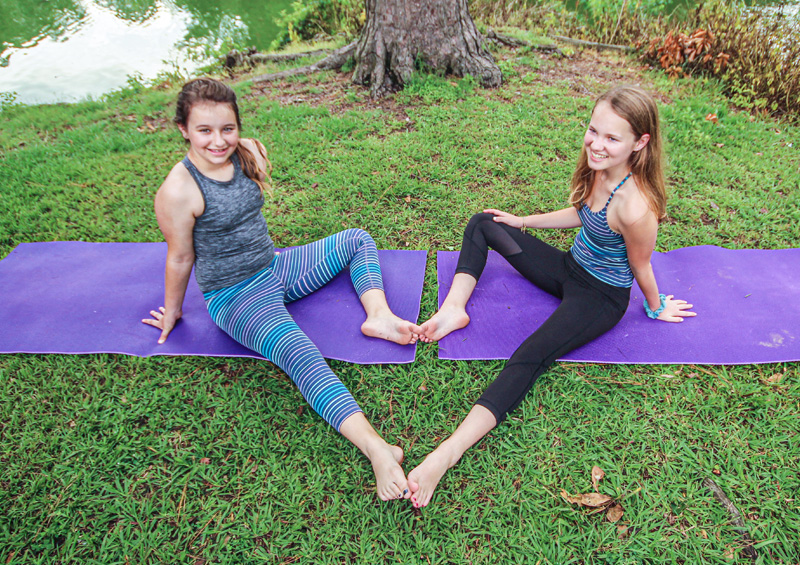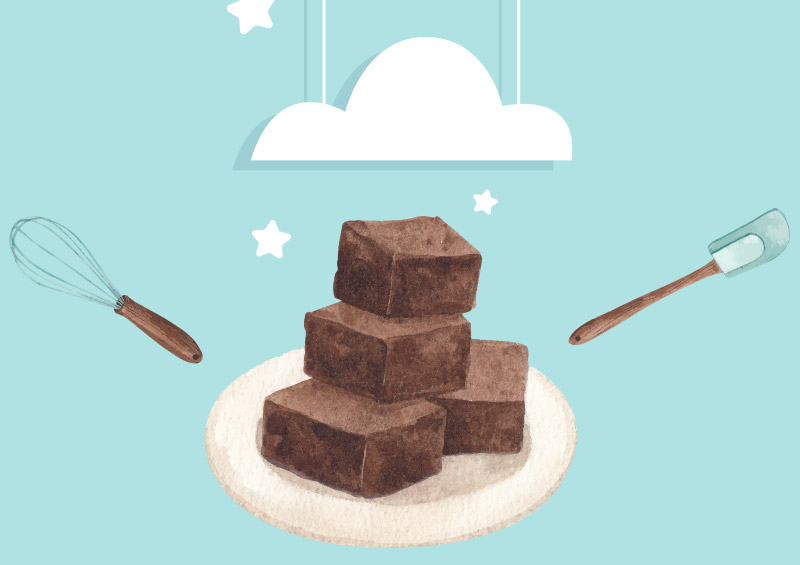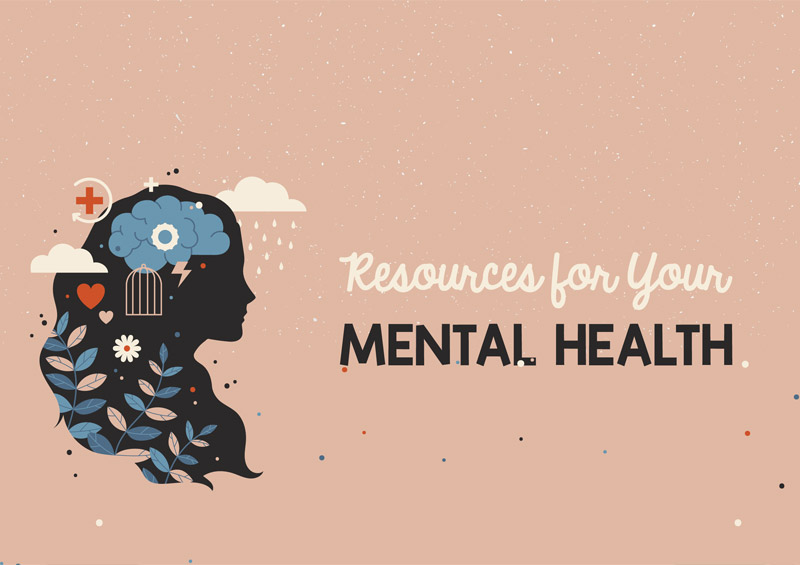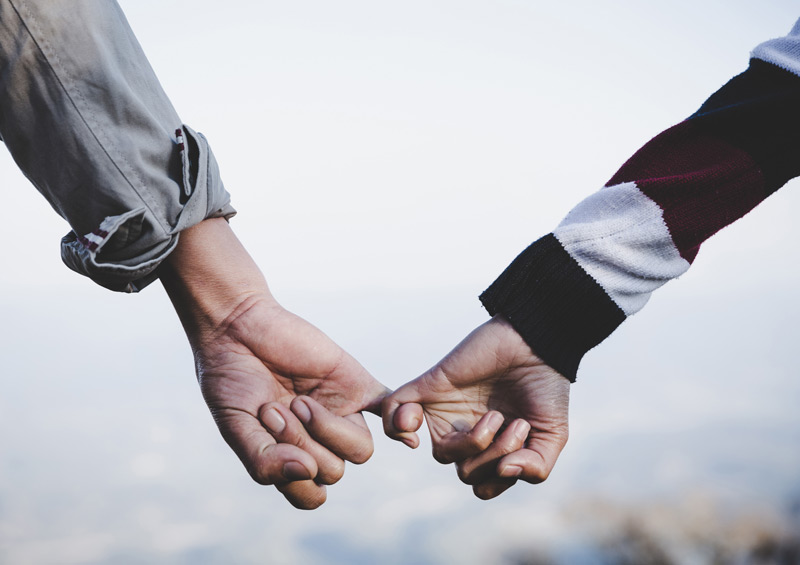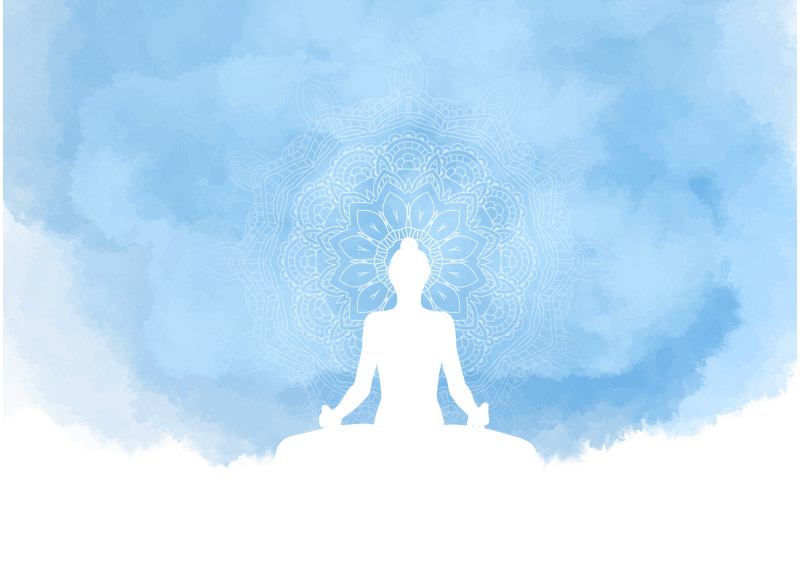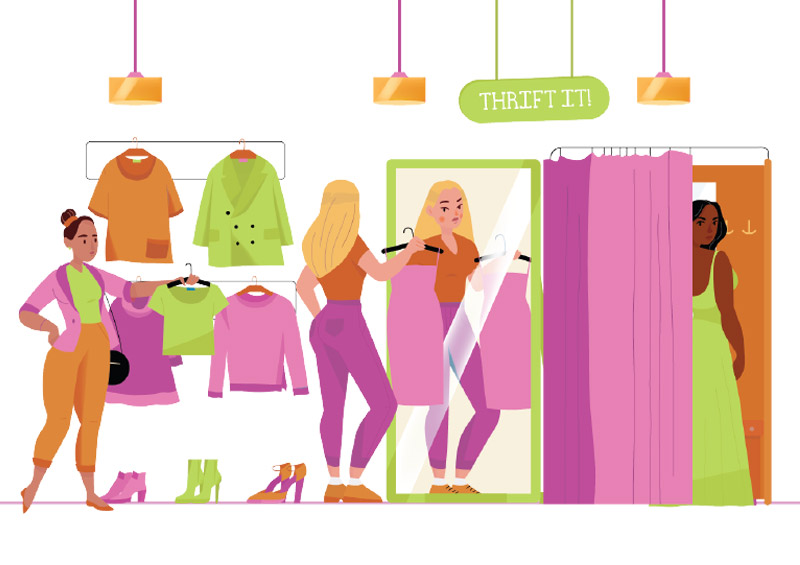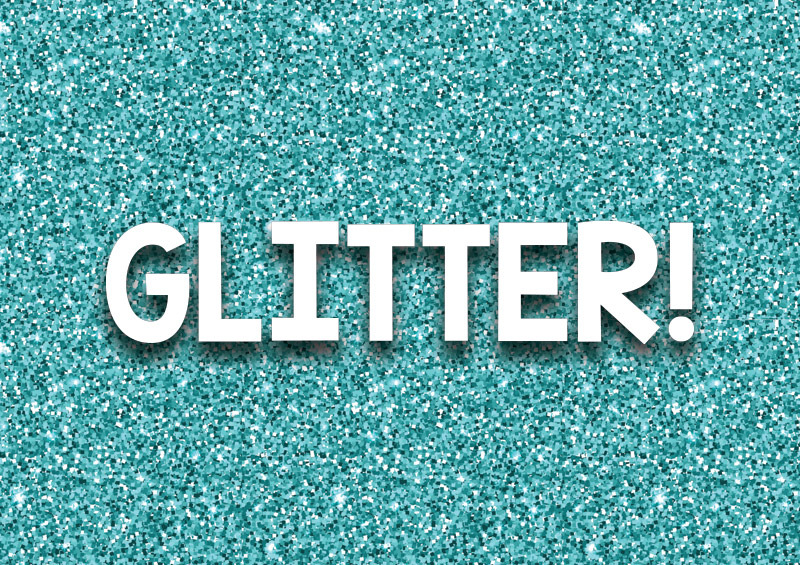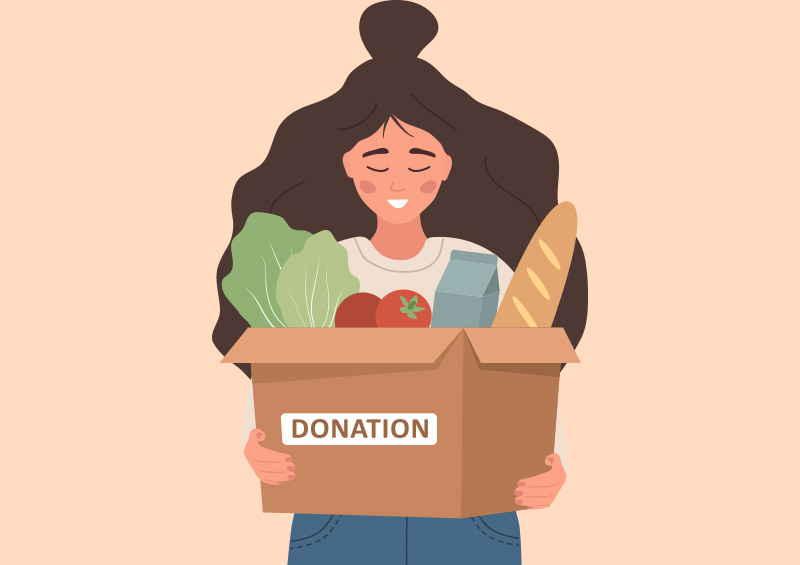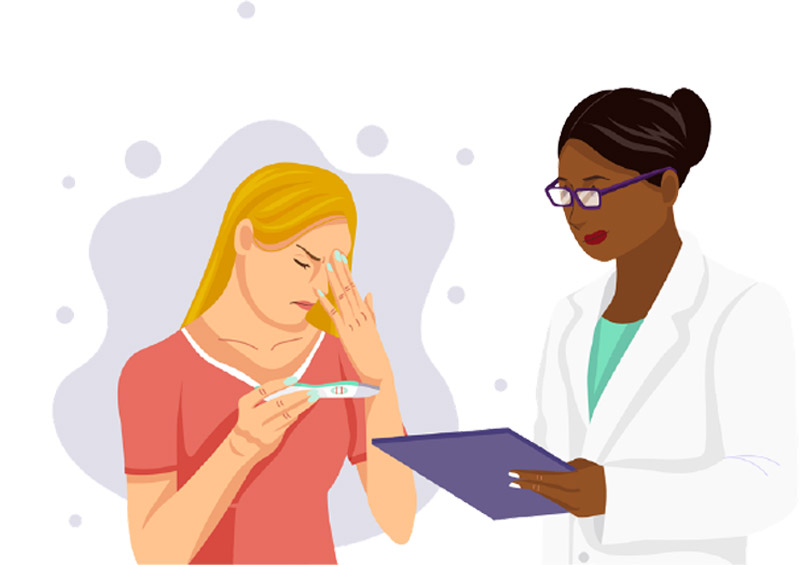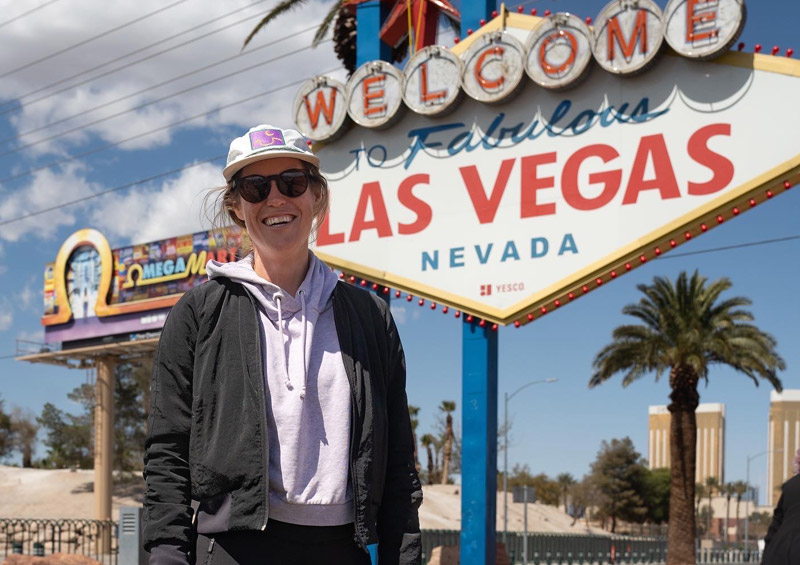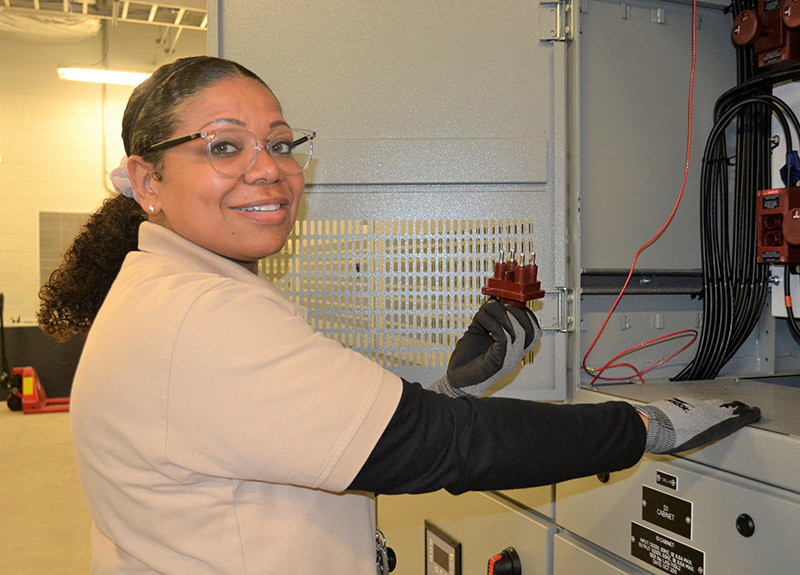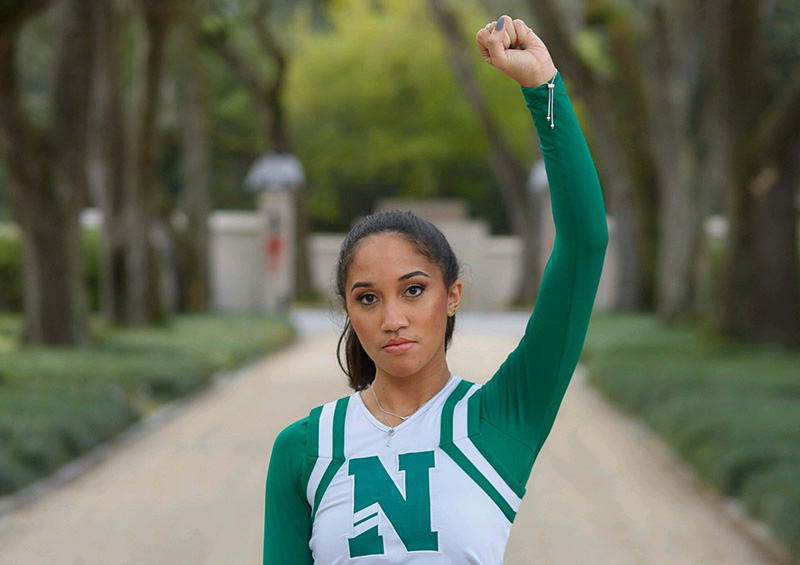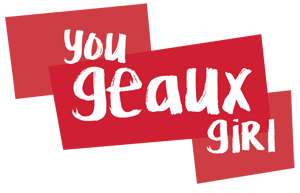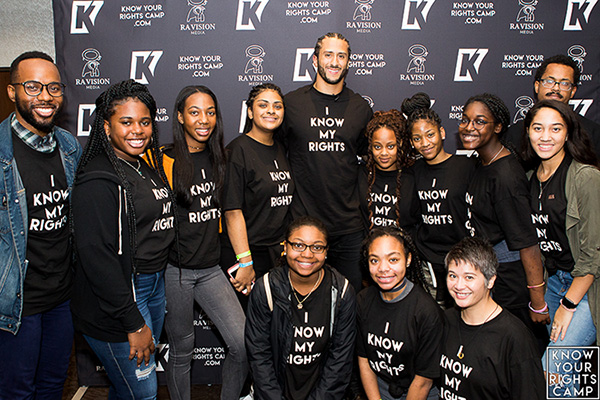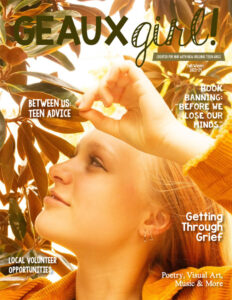Best advice ever received?
“Follow your dreams and the money will come.” It’s most important to do what you’re passionate about. My “Tete” (aunt) told me that a lot of people choose jobs because they pay well, but if you’re just doing it for the money, you’ll end up being unhappy. Do what you love and what you’re passionate about!
Personal Motto:
“Comparison is the thief of joy.” I have to remind myself of that all the time. Especially with social media, you constantly see people doing things and everyone is just showing the good stuff. It’s really draining. It got to a point for me where I had to delete all my social media. You start comparing your life to their life, but everyone is on their own walk of life. Stay on your track!
When did you start raising your fist during the national anthem?
It was the first game of the season and it just kind of happened. I didn’t feel like kneeling because I didn’t want people to think that I was just following a trend. I also liked the idea of raising my fist because it’s a sign for unity and togetherness. So I raised my fist and the only other black girl on the cheer team, Kayshira, who is also a good friend of mine, saw what I was doing and raised her fist too. It just happened. I felt it needed to be done. I didn’t want to make a big deal about it, but it became a big thing.
Why did you decide to protest?
I had been to Colin Kaepernick’s Know Your Rights Camp earlier last year. He spoke about situations that happen more to black people, like police violence, and how to protect yourself and people around you. And he and a few other football players talked about their personal experiences with kneeling during the anthem. It was very touching. They sacrificed their whole career to stand up for what’s right and what they believe in. That day I made a promise to myself that I’m not going to stay silent.
A few months later I visited Orleans Parish Prison, now known as the Orleans Justice Center (which is kind of ironic), as part of a summer program at Newman. All of the juvenile prisoners were people of color. They were just goofy regular kids, and we were told a lot of them were in there because they couldn’t afford their bond or because they pleaded guilty although they weren’t guilty. Any of these boys could have been my cousin, my neighbor, one of my little brothers. You see this in the news all the time, but seeing it with my own eyes hit me to my core. I was like, ‘This is it. I can’t just not do anything and not speak up about these things.’ Cheer season rolled around and the anthem just didn’t feel right. It never really did because it says “land of the free.” It’s not really a land of the free when you have people in jail because they’re poor. I also don’t stand for the pledge of allegiance during assembly because “liberty and justice for all” is just not true.
What happened after you started protesting?
Kayshira and I were called in by the administration the next week. They wanted to know why we were protesting and what it meant to us. I appreciated that they wanted to learn and understand our reasons, but at some point they suggested that we do something more subtle, like linking arms or holding hands, to get our message across, but the whole point of a protest is to be noticeable and for people to talk about it and open up a dialogue.
What were some of the negative reactions?
We were told that there were some parents and alumni who are veterans who were deeply offended and felt disrespected. It wasn’t my intention to disrespect anyone, but if I had a penny for every time I felt uncomfortable or disrespected as a black woman in America, in particular at a predominantly white school with lots of rich people… it completely outweighs what they felt in that moment. And part of the point of the protest is to make people uncomfortable so they can get a glimpse of what people of color have to go through every day.




